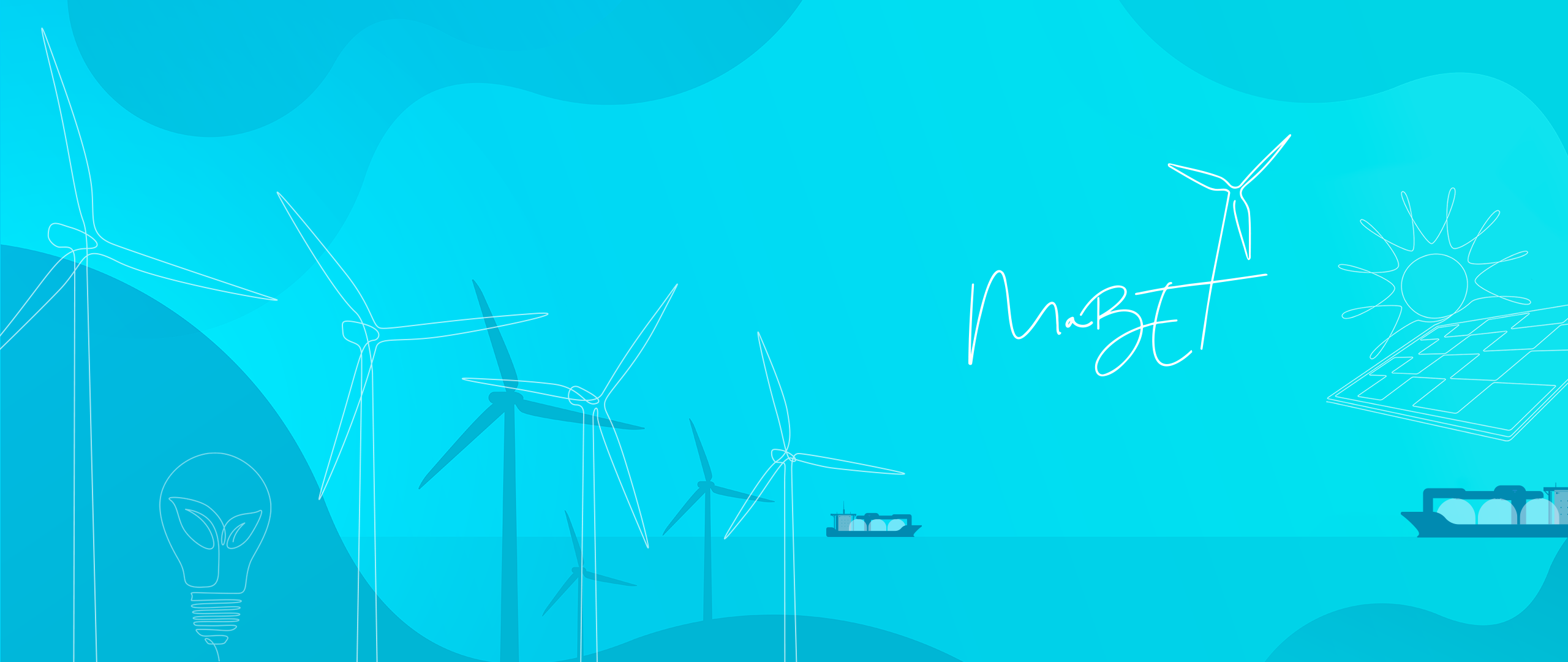Admission and how to apply
The following requirements need to be fulfilled:
1. A bachelor's degree in engineering, in line with the National Curriculum Regulations for Engineering Education in Norway, and:
- A minimum of 25 ECTS in relevant mathematics
- A minimum of 5 ECTS in statistics
- A minimum of 10 ECTS in physics, including 5 ECTS in thermodynamics and 5 ECTS in fluid mechanics
2. The grade point average of your bachelor's degree must be C or better.
3. Applicants from outside the Nordic countries must provide evidence of proficiency in English. See our website for information on how to document proficiency in English.
How to apply:
- Log in to the application portal SøknadsWeb
- Choose the admission called “Engineering, maritime and climate”
- Then choose the admission called “English Master Degrees Autumn 2025”
- Choose the program you would like to apply for from the list
- Click the “add” button and “Submit your application”
- Upload the required docuemnts as described here
- Click the "next" button to complete your application.
Knowledge of sustainability and interaction between technology, society, climate, and environment is central to the course. After initially gaining an appreciation of a range of energy resources, along with their abundancy, you will gain an understanding of and the ability to assess associated harnessing technologies, materials and conversion processes, and the consequences of choices.
During your studies, you will work on issues such as:
- How can I analyse, evaluate, and optimise a component, a process, or an entire application in terms of sustainability, efficiency, and economic viability?
- What methods and tools exist, both theoretical and experimental, and what would be the best choice for my project?
- What are and how do the most relevant technologies for converting and storing energy work?
- What consequences for the environment and climate, operation, costs, or efficiency are linked to design, construction, and choice of material?
- What are low- and zero-carbon energy carriers and how can these be produced?
- How can shipping become more environmentally and climate friendly?
- What is ocean energy and what considerations must I take in connection with marine installations?
Sustainability is a thread that runs through all modules from the first day until the study ends with the master's thesis; which can either be written for a company, or you can contribute to energy-related research at HVL.
What can you work on?
A master's degree in sustainable energy technology qualifies for the Norwegian title of sivilingeniør and may satisfy the requirements of professional bodies in your home country*. After graduation, you can work with technical and technological challenges in both private businesses and public agencies.
For example, you can work as a consulting and project engineer in a specialist field such as hydrogen production and use, or you can work as a specialist on a specific topic such as the production and characterisation of new solar cell materials.
*You should check with your professional engineering body as to their individual requirements as these vary from country to country.
How is the teaching?
The teaching varies between lectures, laboratory work or with software, supervision, group work and project assignments; in addition to self-study.
The teaching is in English.
Great emphasis has been placed on forms of learning that stimulate student active learning and engagement at a high pedagogical level, for example through problem-based learning. Group work in several of the subjects also contributes to the social environment among the students.
As a master's student, you can make use of a wide range of facilities and laboratories:
- Hydrodynamics laboratory.
- Solar energy laboratory.
- MarinLab (a 50 m long wave and towing tank).
- Chemistry and materials science laboratories.
- Laboratory with thermal engines.
- Computer labs with simulation software such as Ansys Fluent, Abaqus, Aspen HYSYS, and DNV Sesam.
- Access to 3D-scanner and 3D-printers for construction and model building.
- Workshop for materials testing and treatment.
How much does it cost to study?
As a student, you must pay a semester fee of NOK 750 each semester. Read more on our pages about semester registration. This fee does not cover costs for, for example, curriculum literature and other equipment you need; so there will be additional costs.
Student exchange
You can go on exchange during your studies, and you can find an overview of the institutions we collaborate in the list below.
Where can I travel?

